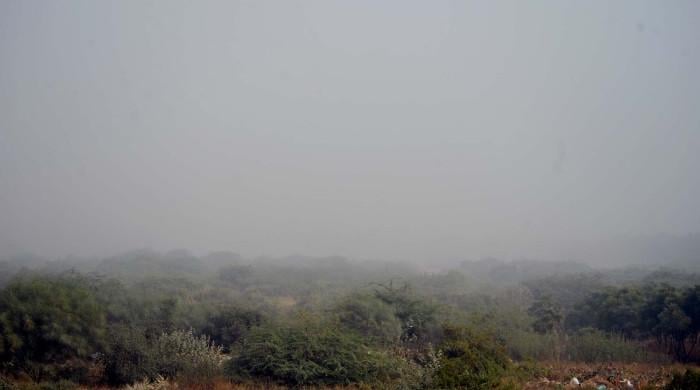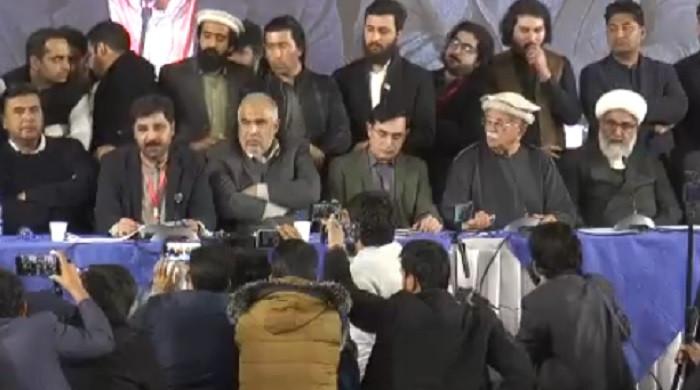K-Electric fined Rs200 million for excessive loadshedding in June, July: NEPRA
KE claims it faced continuous challenges on account of inconsistent supply of furnace oil in line with its demand
August 31, 2020

KARACHI: The National Electric Power Regulatory Authority (NEPRA) Monday submitted a report in the Supreme Court on action taken against K-Electric's prolonged power outages in the months of June and July.
In the report, NEPRA said that it has slapped the power utility with a fine worth Rs200 million for unannounced and prolonged power outages in the metropolis.
The KE, during the power outages, had claimed that it has been facing continuous challenges on account of inconsistent supply of furnace oil in line with its demand and has been highlighting this challenge so that it can be urgently resolved by the relevant authorities.
Explaining the situation, a KE spokesperson had said: “KE’s daily furnace oil requirement is close to 2,800 MTs per day, while at present, we are receiving around 2,000 MTs per day, and currently there are pending orders of close to 14,000 MTs furnace oil.”
"KE has been directed to pay the fine within 15 days," the report said, adding that the power supply company's justification had been rejected.
The report said that KE did not fulfil its end of the bargain and that it did not meet the agreed-upon requirements of power generation, gas, and furnace oil.
"KE was given an opportunity to present its stance in an open hearing," it said, adding that the power utility was unable to justify its doing and was blaming others.
The hearing on KE's unannounced and prolonged load-shedding in the city will take place tomorrow (Tuesday).
Chief Justice of Pakistan Justice Gulzar Ahmed, in a hearing on August 11, had lamented that the company had “done nothing” for Karachi, adding that it should be fined for causing problems for people through power outages.
On the issue of power outages, the SC asked NEPRA to take notice immediately if the power supply in any area of the city, is cut off for even a minute.
The judge noted that for the entire night on Monday, there was a power outage in the Shahra-e-Faisal neighbourhood and people were forced to come out of their homes to sit outside.









